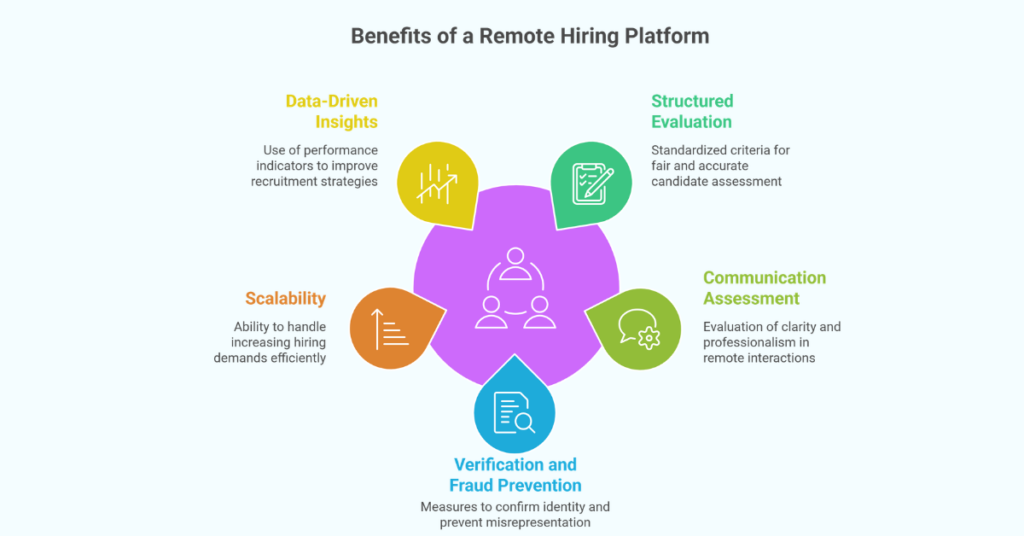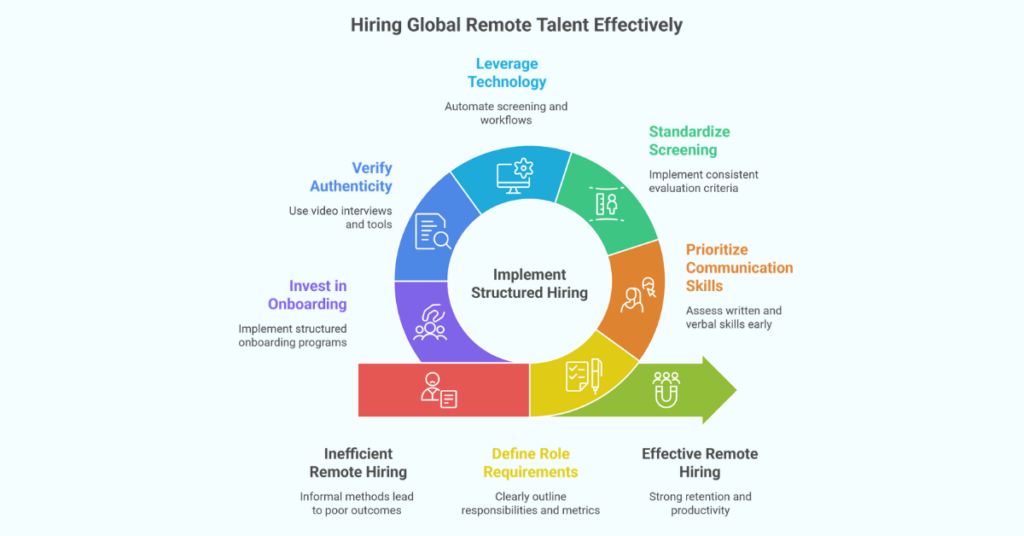Remote jobs have become increasingly popular, offering flexibility and the opportunity to work from anywhere. However, succeeding in a remote job requires specific skills and strategies.
Remote work has revolutionized the job market, offering unprecedented flexibility and the ability to work from anywhere. This guide explores essential strategies that can help individuals excel in remote jobs. Whether you’re transitioning to remote work for the first time or looking to improve your current remote work setup, the tips provided here will aid in enhancing your productivity and overall job satisfaction.
Understanding Remote Jobs:
Remote jobs offer the freedom to work outside traditional office settings, but they also demand a high level of self-discipline and organization.
- Flexibility and opportunities: Remote jobs provide flexibility, allowing you to work from any location. This flexibility can lead to increased productivity and a better personal-work life balance.
- Challenges and Solutions: While the perks are significant, remote work comes with challenges such as isolation and distractions. Successful remote workers overcome these by creating structured routines and dedicated workspaces.
Key Strategies for Success in a Remote Job:
1. Establish a Dedicated Workspace:
Setting up a specific area for work is crucial in maintaining professionalism and focus.
- Designated work area: Choose a quiet corner or room in your home to set up your office. This physical separation helps condition your mind to focus during work hours and relax when you’re off the clock.
- Comfort and organization: Invest in comfortable furniture and organize your space. An ergonomic chair and a well-organized desk can significantly enhance your productivity and reduce health issues.
2. Set Clear Boundaries:
Clear boundaries prevent work from spilling over into your personal life.
- Communication with household: Discuss your work schedule with the people you live with. Clear communication helps prevent interruptions and sets expectations.
- Using signals: A physical sign, like a closed door or a “do not disturb” sign, can help reinforce these boundaries and signal to others that you are in work mode.
3. Stay Organized:
Organization is key to managing tasks and deadlines effectively.
- Using digital tools: Leverage tools like Google Calendar or Trello to keep track of your tasks and deadlines. Digital organization tools are essential for remote workers to stay on top of their responsibilities.
- Daily prioritization: Start each day by prioritizing tasks. Tackling high-priority tasks first can lead to more productive workdays and a sense of accomplishment.
Solutions by Remote Recruit:
Remote Recruit is dedicated to empowering both employers and job seekers in the field of remote work. For employers, Remote Recruit offers a robust platform to access a global talent pool, streamlined recruitment processes, and tools to manage remote teams effectively. Job seekers benefit from a wide range of job listings, resources for remote career development, and the opportunity to connect with top employers who embrace remote work. By simplifying the connection between remote job openings and skilled professionals, Remote Recruit facilitates successful remote working relationships that cater to the needs of the modern workforce.
Conclusion:
As work continues to evolve towards remote settings, mastering the art of working remotely is crucial. Implementing the strategies outlined in this guide will not only help you excel in your remote role but also enhance your overall job satisfaction and professional growth. Remember, succeeding in remote jobs goes beyond just accomplishing tasks; it’s about creating a sustainable, productive work environment that fosters growth, maintains health, and balances personal life seamlessly with professional commitments.




